The Huawei Mate 8 has just been launched in Malaysia, and it’s quite a big deal, considering that Malaysia is one of the first few countries to receive the device officially outside of China. As usual, we got our hands on with Huawei’s latest phablet at the launch event, and we have to say: the Mate 8 is an interesting flagship smartphone.
First, let’s talk specifications: the Mate 8 has a 6-inch 1080p IPS display, a Kirin 950 2.3GHz octa-core processor paired with up to 4GB of RAM, 32GB or 64GB of internal storage, a microSD card slot, and a sizeable 4,000mAh battery. Rounding out the specifications are a 16MP rear camera with optical image stabilisation (along with phase detection autofocus), an 8MP front-facing shooter, a rear fingerprint sensor, and Android 6.0 marshmallow out of the box.
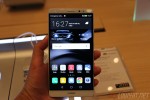
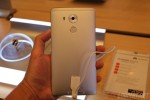
One of the biggest concerns with the Mate 8 is its 1080p resolution. Considering that the smartphone has a large 6-inch display, many were worried that the display wouldn’t look quite sharp, which is an understandable concern. That being said, I didn’t notice any issue with the panel’s sharpness, although it’s worth noting that I’ve only spent a short time with the Mate 8.
Speaking of the Mate 8’s display, there is something that particularly stood out to me when I got a quick look at the device a few weeks ago: its screen-to-body ratio. I love how minimal the top and bottom bezels of the Mate 8 are; it reduces the dimensions of the phone quite considerably, which in turn makes it easier to use and hold the smartphone as well.
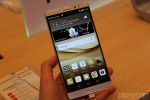
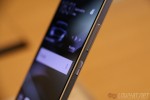
Build quality is also one of the most noteworthy aspects of the Mate 8. It feels solid, and the all-metal construction of the device is nice to the touch. It reminds me of the Huawei Mate S‘ excellent build quality, which is a very good thing. Other than that, navigating around the Mate 8’s home screens and menu is very smooth and zippy; it doesn’t take much time to open apps as well. The Kirin 950 processor seems to be up to the task, although it remains to be seen how it will perform in everyday usage.

In the camera department, the Mate 8 shows potential. I’ve managed to get some daylight shots with the smartphone, and the final images are rather impressive, although some shots seem to be rather underexposed. Then again, we were told that the Mate 8 I’ve tested was not running on final software, which may affect the camera’s performance.
The Huawei Mate 8 is without a doubt a compelling flagship smartphone. It is priced well for a flagship device (it retails at RM2,099 and RM2,399 for the Standard and Premium variants respectively), and its screen to body ratio is one of my favourite aspects of the device. That being said, this is merely my first impressions of the Mate 8. It will only be fair to give this flagship Android smartphone a final verdict in a full review.
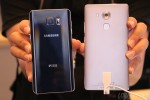
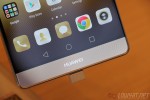
Regardless, I’m excited to spend more time with the Mate 8 in an extended review. Through my brief time with the device, I can confidently say that it’s a more complete smartphone over the Huawei Mate S, although the Mate 8 does have some tough competition from other big players.



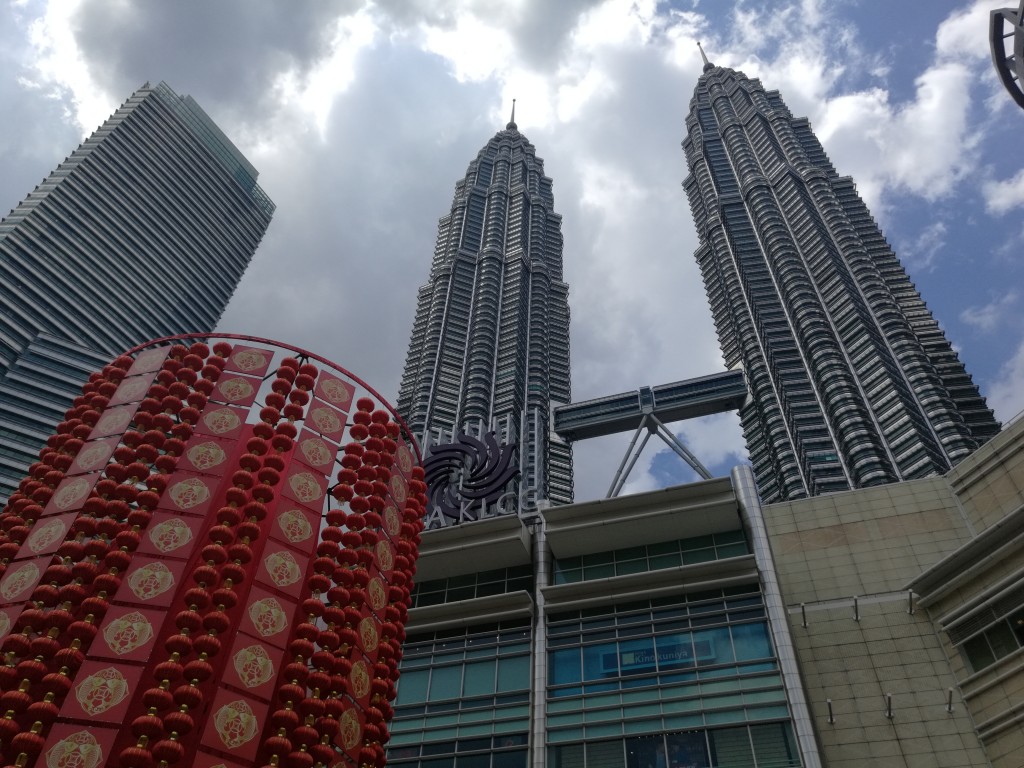
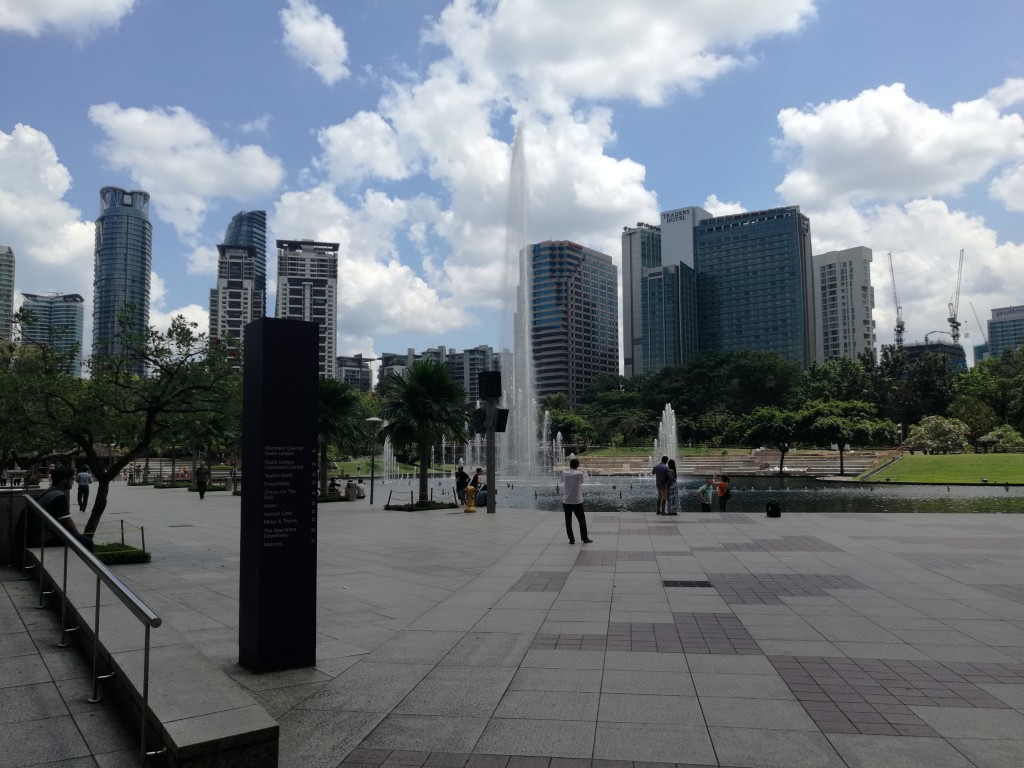
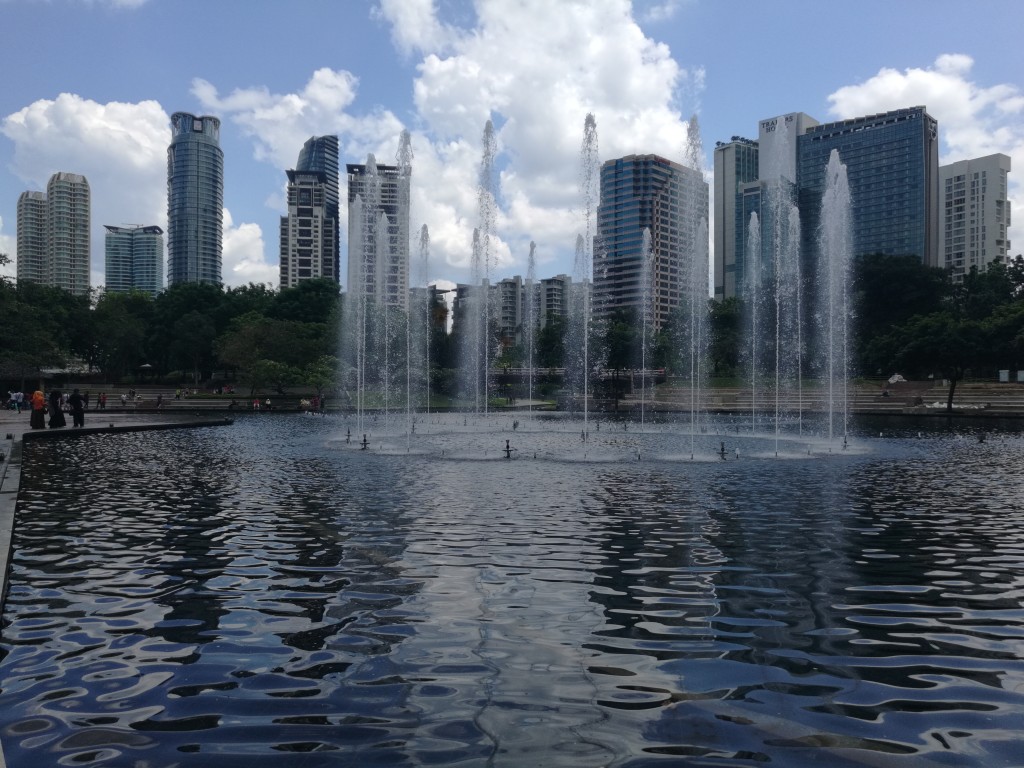

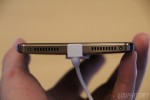
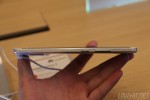
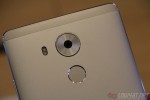
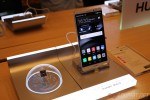
No comments:
Post a Comment